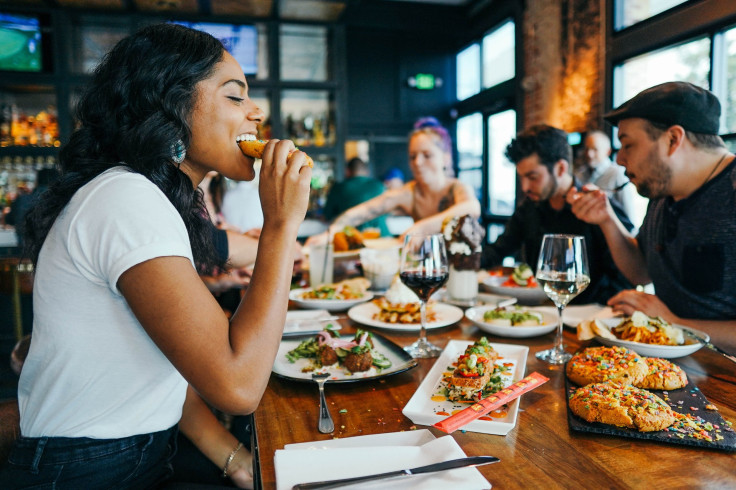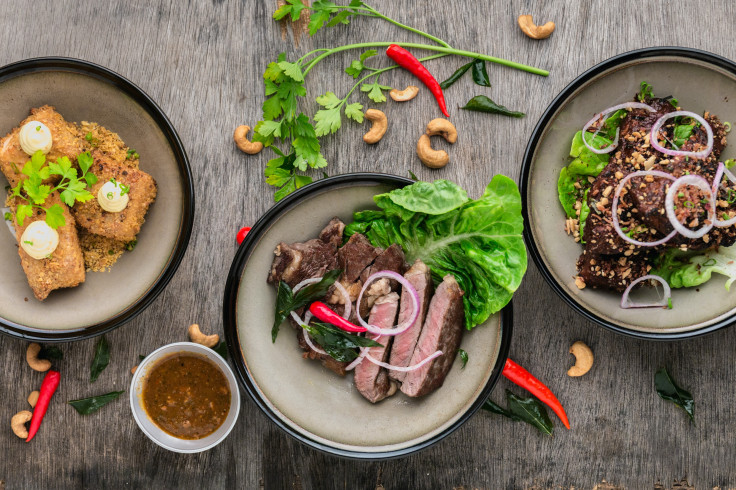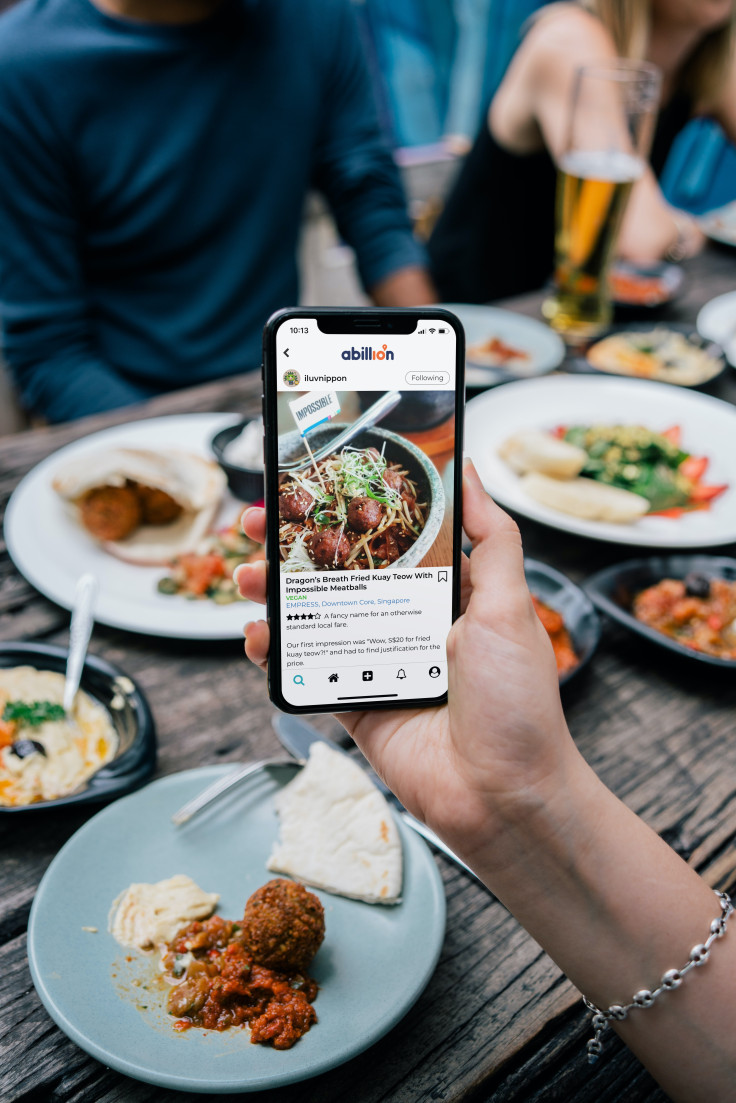Small Business Restaurant Marketing Strategies For Sustainability

Most restaurants close within the first five years of opening their doors -- a harsh reality and huge risk for even the most seasoned restaurant owners. That's why it's even more important for small businesses competing against well-known chains to adopt effective marketing strategies. Here are eight strategies your business can adopt to optimize your marketing efforts and create sustainability.
1. Maintain quality in service and foods

At the heart of a successful marketing strategy is the truth. If you say you have quality food and service, then deliver quality food and service. Regardless of how well you accomplish the other strategies on this list, if the experience at your restaurant isn't enjoyable, customers are less likely to return. In contrast, a great experience can give you free word-of-mouth marketing and fantastic customer testimonials.
2. Have a mobile-friendly website
A professional website can legitimize your restaurant. Making sure it is mobile-friendly is also important, as over half of site visits occur on a mobile device. Include an easy-to-read menu optimized for mobile users to expand your reach of customers.
3. Attract local repeat customers
Local customers are crucial for restaurants, and showing appreciation for your regulars goes a long way. Ideas for loyalty programs to attract repeat customers include:
- Distributing punch cards for a free menu item after 10 purchases.
- Offering rewards, such as birthday discounts, after email enrollment.
- Setting up an app where customers can earn loyalty points for purchases and referrals.
You can also engage your community by participating in local events, creating promotions for your community and providing discounts for emergency responders and veterans.
4. Leverage local SEO
Search engine optimization (SEO) means using keywords so your restaurant's website can rank high on Google pages. Target keywords that local users will search about your location. For example, add keywords such as "best pasta in Los Angeles" or "Sushi near me" into your content. To identify the keywords your target customers are searching for, you can use free tools such as Keywordtool.io and Google Keywords Planner.
5. Maintain online business profiles
Another way to improve search result rankings is to have a Google My Business profile, Yelp profile and local listings. Make sure your profiles are up to date with accurate and complete information. These profiles are often a customer's first impression. Learning that your menu is outdated or your hours of operation are wrong can leave a bad impression.
6. Encourage reviews and user-generated content

Most people trust reviews from customers who have eaten at the restaurant. Encourage people to leave reviews on your Yelp page by offering a free drink during their next visit. Be proactive and encourage good reviews to offset any negative ones. Respond professionally to any negative reviews to showcase customer service and complaint resolution.
User-generated content such as photos shared on social media can also be great free advertising. You can encourage people to post content by running a social media contest with prizes such as a free appetizer at your restaurant.
7. Focus your social media marketing
While many social media platforms exist, you don't have to use them all. Identify which platforms your target customers use and focus your content on those. Include visuals and interesting content such as staff interviews or behind-the-scene shots. Interact with followers on your platforms. Consider paid internships for marketing students to help you maintain your social media presence.
You can also leverage social media through local influencers. People often look to their favorite influencers for recommendations on where to eat. Reach out to trusted food bloggers and offer them a free meal to write about your restaurant or talk about it on their social media page. Pick someone who can represent your brand well since an influencer is similar to a marketing partner.
8. Efficiently navigate delivery options
Delivery apps and websites can increase your restaurant's visibility and provide customers with ordering flexibility. You can also cater to customers outside of your main location. Despite all these benefits, it's still important to track how delivery is impacting your finances. Consider:
- How well does the food you serve hold up during deliveries?
- Are your staff trained to handle online orders?
- Which delivery apps give you the most business?
Final thoughts
Marketing strategies for restaurants change with emerging technologies and social situations. It is important to understand what your target customers want and adapt to these changes. But, at the heart of it all is maintaining quality food and great customer service for a reputation that sustains your restaurant's popularity.
© Copyright IBTimes 2024. All rights reserved.





















